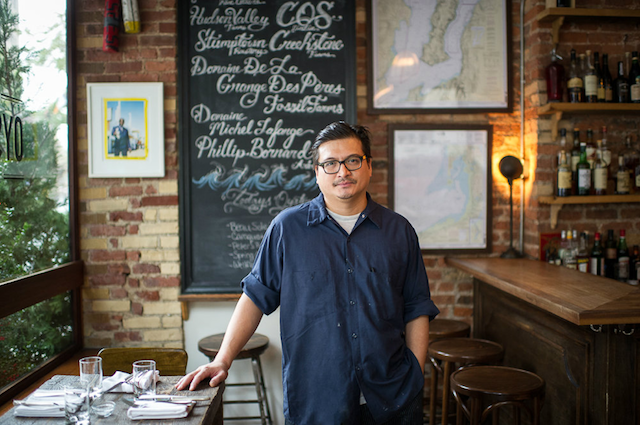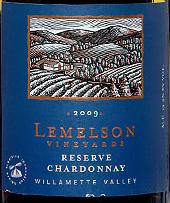Anticipating Montmartre
 Friday, October 26, 2012 at 10:37AM
Friday, October 26, 2012 at 10:37AM  [krieger] tien hoTien Ho was a sous chef at Cafe Boulud before leaving to work for David Chang at Momofuku Ssam Bar. From there he moved uptown to work as the executive chef at Ma Peche when Chang opened the restaurant in the basement of the Chambers Hotel. Ho left Ma Peche in the fall of 2011 and spent the ensuing year out of New York City restaurants, a time he describes in a recent interview with Eater as "really depressing."
[krieger] tien hoTien Ho was a sous chef at Cafe Boulud before leaving to work for David Chang at Momofuku Ssam Bar. From there he moved uptown to work as the executive chef at Ma Peche when Chang opened the restaurant in the basement of the Chambers Hotel. Ho left Ma Peche in the fall of 2011 and spent the ensuing year out of New York City restaurants, a time he describes in a recent interview with Eater as "really depressing."
Times have changed. Ho is back, and for his next trick he has teamed up with Gabe Stulman in a partnership that will add Montemartre, a casual French restaurant, to the Little Wisco empire. The project is scheduled to open in the first quarter of 2013 and will happen shortly after Chez Sardine, Stulman's Izakaya-inspired restaurant, opens at 183 West 10th Street. Along with the exciting food we can expect at Montmartre, we're predicting a stellar wine list.
Ho describes his appreciation for "Funky wines" in an interview with The Insider, "especially from Jura and Naples. Bandols, too!," he goes on, "And I have a very soft spot for wines from Aubin." His mention of Bandols refers to a wine growing region on the Mediterranean coast in southeastern France. Mourvedre is the predominant grape there and it produces dark, complex, and age-worthy wines. Eric Asimov recently wrote how the same grape thrives in Spain, where it is referred to as monastrell. In each place, the grape produces dark, complex, and age-worthy wines.
Wines from Jura have garnered a following that may best be described as cultish and Ho's affinity for them is shared amongst members of the wine community. Jura's arsenal includes exceptionally clean, vibrant sparkling wine a la Cremant du Jura, racy whites a la savagnin, and light, elegant, mineral-driven reds from the trousseau grape. The region's unique growing conditions and limited production have resulted in wines of extraordinary character that wine lovers will go out of their way to seek out.
Ho's interest in unique wines, coupled with his proven talent in the kitchen, have us anticipating a seriously très bon dining experience when Montmartre opens early next year.
 David Chang,
David Chang,  Eric Asimov,
Eric Asimov,  Gabe Stulman,
Gabe Stulman,  Ma Peche,
Ma Peche,  Tien Ho,
Tien Ho,  Wine,
Wine,  momofuku ssam bar,
momofuku ssam bar,  montmarte
montmarte 
